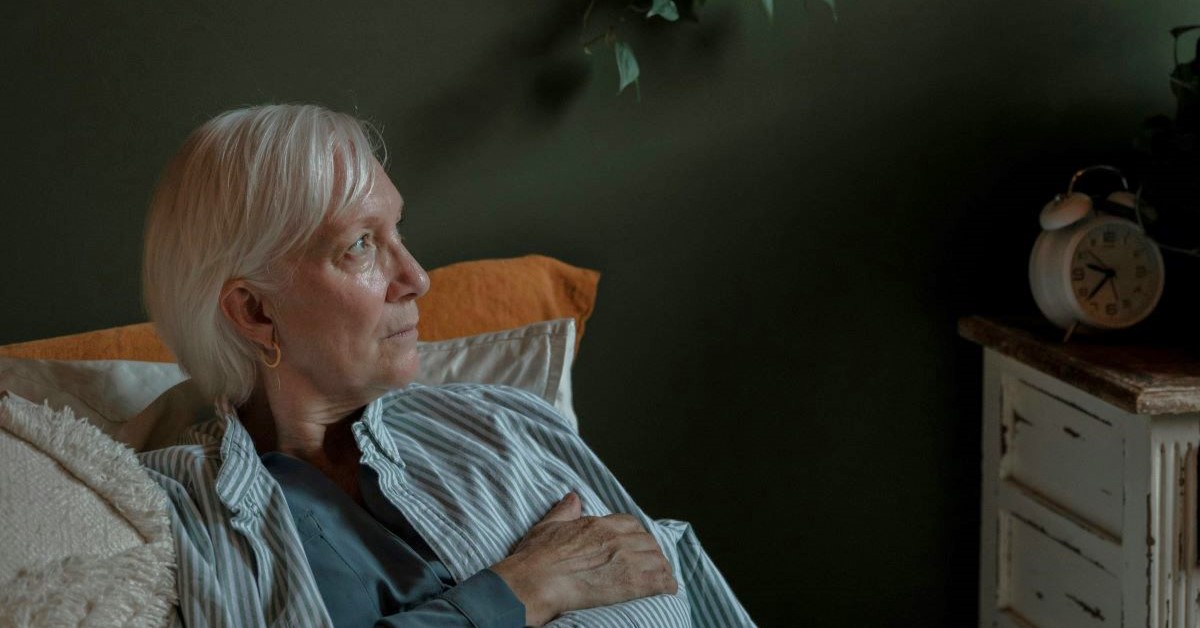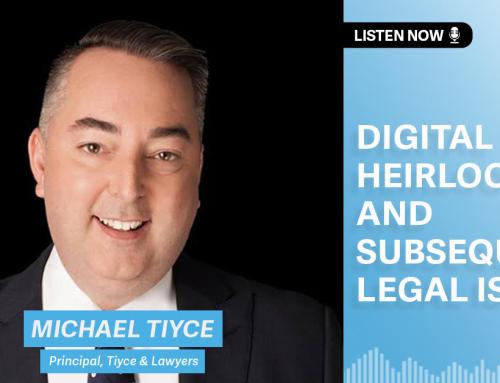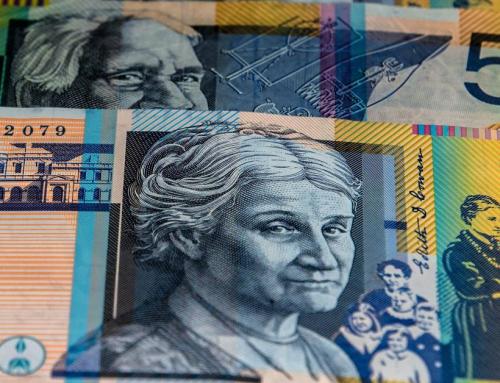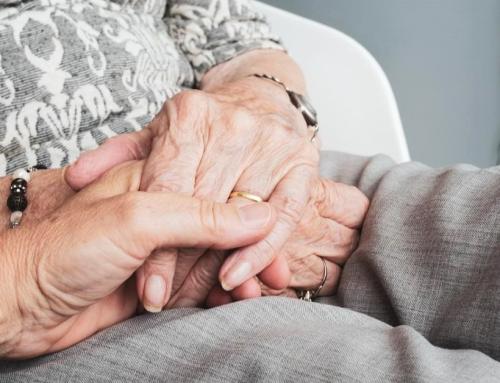By Taylor Campbell.
The idea of death is a difficult concept for many to process and plan for, but it is so important to have an understanding of the implications of your financial decisions and responsibilities. One question that often arises is: What happens to your debts after you die? Here’s a breakdown of the key points to consider.
The Basics of Debt After Death
When a person dies, their debts do not simply vanish. Instead, the deceased’s estate (their assets, such as property, savings, and investments) is responsible for settling any outstanding debts. The estate will be administered by an executor, appointed by the deceased’s will or the court if there is no will, to manage the estate. The executor’s job is to ensure that debts are paid in the first instance and then the residual assets are distributed to beneficiaries.
Types of Debts
Not all debts are treated equally after death. Here are the main categories:
Secured Debts
These are loans backed by security, like a mortgage or car loan. If the debt is not paid, creditors can take the secured asset and sell it to recover the amount owed. Heirs may choose to continue payments to keep the asset, or they can return it to the creditor.
Unsecured Debts
These include credit card debt and personal loans. Generally, these debts are paid from the estate’s assets. If the estate lacks sufficient funds, the debts may go unpaid, and creditors typically cannot pursue heirs for repayment. It should be noted that a creditor for an unsecured debt is also able to make an application to the Court to sell the borrowers assets to cover the debt.
The below forms of debt are also generally forgotten about when planning for the future:
a) Student Loans: Federal student loans are often discharged upon death. However, some private student loans may not follow this rule and this debt could be taken out of your estate.
b) Medical Bills: In many cases, medical debt is paid from the estate. Surviving family members are not usually held accountable unless they co-signed.
Joint Debts and Co-Signers
If you shared debts with another person (like a spouse or co-signer), the remaining party is typically responsible for the full amount after one party dies. For example, if you and your spouse share a credit card account, the surviving spouse will need to continue making payments. That being said, you can nominate that your estate settles your part of the joint debt.
Guaranteed Debts
If a friend or family member has guaranteed a loan, there is a fair chance, following your death, that the lender will chase up your guarantor for the unpaid debts.
The Importance of Planning Ahead
Understanding what happens to your debts after death can help you make informed decisions about estate planning. Here are some steps you can take:
- Create a Will: A clear Will helps ensure your assets are distributed according to your wishes and that your debts are managed properly by your executor.
- Consider Life Insurance: A life insurance policy can help cover outstanding debts, providing financial security for your loved ones.
- Keep Detailed Records: Document your debts, assets, and any plans you have in place. This can ease the burden on your executor.
Consult Professionals
Navigating debt during one’s lifetime is hard enough. To ensure that your debts following your death are dealt with efficiently, consider consulting your estate planning solicitors and your financial advisors to understand your options and responsibilities.
Book an obligation free consultation with us to help you navigate these issues and consider your options for your estate.






